The Power of Choice
by Neale Daniher
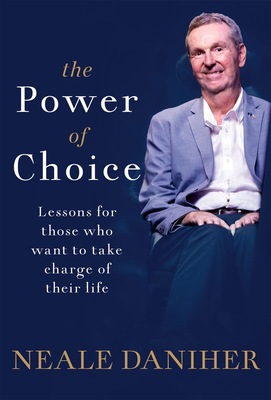
What a great book! This book was released one month ago and already was highly recommended by Barefoot Investor and now by me. The book is a collection of advice on how to live a fulfilling and happy life. It's short, well structured, and has a good balance between stories and advice. I feel the book captures the main lessons I would recommend myself. I'd have to think if there is anything missing from the list.
It's funny because Barefoot's recommendation was to get multiple of those, and I already bought four extra copies to gift to friends.
The Body Keeps the Score: Brain, Mind, and Body in the Healing of Trauma
by Bessel van der Kolk
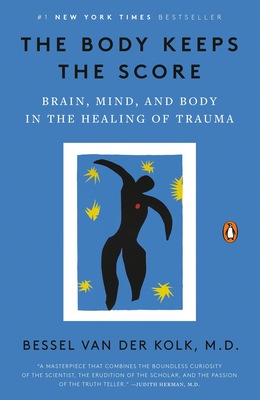
What a surprising read. This would be a book of the year for me. It gives a comprehensive look into human trauma. I found it very insightful and, in parts, mind-blowing. While the book looks into severe traumas, I learned a lot about the processes of a human brain and body. I believe those processes are always present in us, not just during traumas.
I found the book very dense and heavy to read. It is full of real-life examples that I was definitely not expose to, which I found very disturbing but grounding. It reminded me of Man's Search for Meaning book.
Everyone will experience trauma, meet people who carry it and may even cause it for others. It may not always be as severe as PTSD, but it can nonetheless cause a great deal of pain. I'd recommend this book to get better understanding and context about trauma.
Factfulness: Ten Reasons We're Wrong About the World – and Why Things Are Better Than You Think
by Hans Rosling
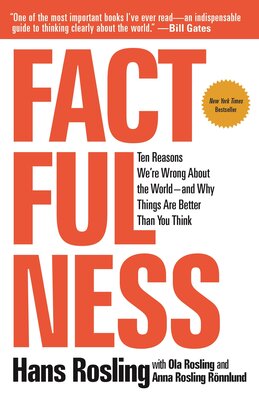
This is probably one of the most balanced and well written books. It is insightful, interesting, touching, well structured, easy to read, short, based on experience. Amazing work from authors. 👏
It's a must read for everyone as it challenges our world view and gives practical tools how to improve our thinking and decisions in order to be more effective in the modern society.
I also would like to highlight that authors don't go into extremes and only sell one side, but rather hold a balanced argument. I find it refreshing with the books I've read.
7 Steps to Stable Self-Esteem
by Boris Litvak
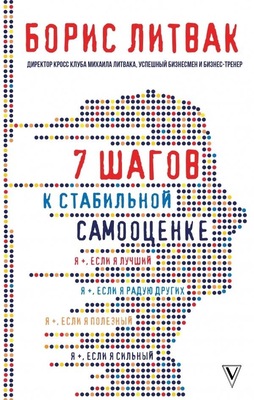
What a great book. Unfortunately for you English readers, it's written in Russian. The book argues that self evaluation is the motivation driver in decision making. I never thought about it but I found it very fundamental.
The main point is people don't feel complete as humans due to conditioning in upbringing. They have been conditioned to feel good about themselves only when certain conditions are met.
Such dependency on external factors leads to unstable self-esteem. It fluctuates between positive when we are motivated and happy, and negative when we are feeling depressed. Often people are looking for ways to increase it. That's why there are many motivational speakers. Repeating mantras or talking to a mirror to boost your confidence. It works, but only temporarily.
The key is to detach your self-worth from external factors. You no longer feel bad when a girl you like doesn't reply because you don't doubt yourself as a person. You are no longer scared to be wrong in public, because you are not afraid that people might see you as weak or dumb.
It sounds complicated, but the book gives a practical step by step guide.
Interesting that I developed my own model over the years about how exceptional performers are handicapped by their success at work. That model turned out to be identical to one of the types in the book.
In short, it's a must read book.
Nonviolent Communication: A Language of Life, Second Edition
by Marshall Rosenberg
This month I hosted an introduction workshop to Non-Violent Communication topic. I re-read book another 3 times in preparation for the workshop and got my read count to around 7. When I tried to distil it, apart from removing examples I couldn't remove anything else. Everything is to the point and relevant.
The book doesn't stop to excite me and I keep finding more gems in it. This time the self-empathy part stood out to me. Interesting that while the concepts appear simple, I found it takes time for me to fully absorb and adopt it over the years. I think a lot of friction goes to a lack of exposure to those concepts outside the book, as it's extremely rare to hear in practice from other people.
The Courage to Be Disliked
by Ichiro Kishimi and Fumitake Koga
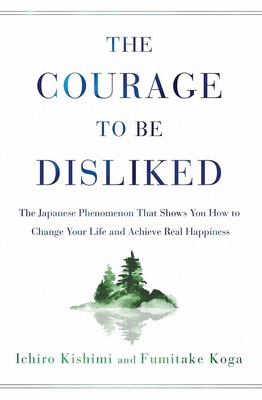
Wow, this book is a nice surprise. It's so good that after finishing it I decided to reread it straight away. The book talks about Adlerian Psychology. This is my first introduction to it, which is interesting considering it's one of the top three most influential branches in psychology among Freud and Jung. I think Adler's ideas are not popular enough in society. Fortunately past trauma healing is becoming more accepted as it allows people to understand their behaviour better. However it's also unfortunate because it often serves as an excuse for people to not change themselves.
The book controversially denies trauma existence, which is the most common complaint in the book reviews. However I think those people missed the point. The author does not deny bad experiences and that they shaped our lives. The book stresses that when thinking about the future, the past has little value. What matters is the present and your today's decision to change your life. To accept trauma healing and other personal growth you first need to decide to change.
The book is relatively short and extremely dense. The dialog format is refreshing and works very well. It's easy to understand and follow. My only complaint is that the youth part is unrealistically aggressive.
I think this book is a must read for everyone.
The Mom Test
by Rob Fitzpatrick
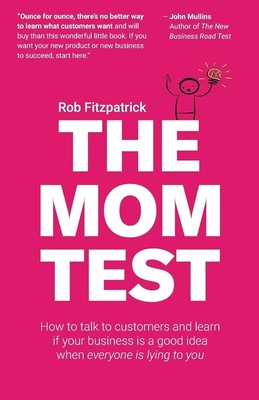
"How to talk to customers & learn if your business is a good idea when everyone is lying to you."
Wow, what a great book. It ticked all the boxes: it was recommended by friend as a great book, it's short, it's practical, it's insightful, it has good structure, it give you chapter summary and cheatsheet.
This book is essential if you want to learn what your customers what. It's a must for product managers and CEOs.
Opening to Vulnerability
by Dr. Krishnananda Trobe MD and Amana Trobe
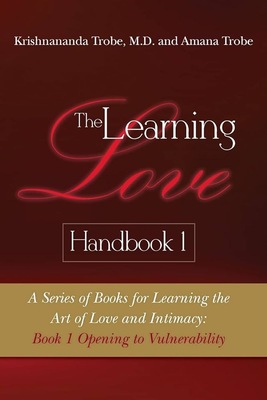
You probably heard about the topic of vulnerability. It's becoming more popular. Brene Brown is usually the first author mentioned. I've read her Dare to Lead book and found her communication style is very hard to consume, which put me off the topic for some time. It's lacking content and unnecessarily stretched.
Unlike Dare to Lead, The Learning Love Handbook is written in a simple language. It communicates like a person would explain it to you.
I love how practical this book is. It has a good balance between theory, examples, and exercise. It's fairly short and to the point.
The book starts with a model explaining our essence, trauma and protection mechanisms. It's one of the simplest and yet powerful models I've seen. The content overlaps with my therapy experience
I recommend this book to everybody. It could be life changing because it teaches a new life perspective, which most people could benefit from. The perspective that can get you unstuck from psychological traps and start growing.
Principles for Success
by Ray Dalio
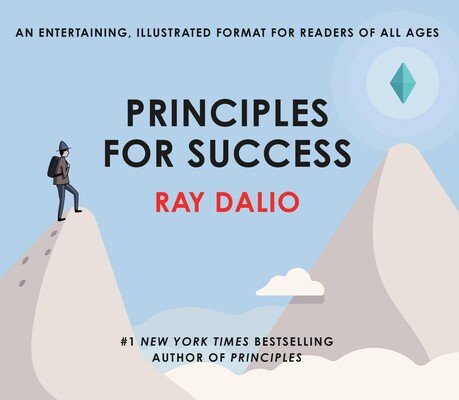
After researching after reading Principles book, I discovered there is a followup book called Principles for Success. This book is a good summary and overview of Principles book. Principles for Success book is short and illustrated version designed for all ages. So this book should be No.1 to read for everybody. The good news there is a video version of it as well. The book comes with a good exercise at the end which is not in the video, so have a look at it too.
Intimate communion: Awakening your sexual essence
by David Deida
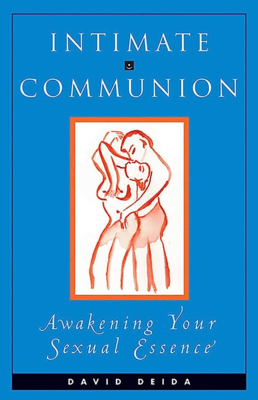
This is not as famous as The Way of the Superior Man book (which I didn't like due to language) by David Deida. Intimate communion defines and talks about masculine and feminine. I found it interesting that the book is 28 years old and it seems back then people had difficulties with understanding those concepts. It feels the book is even more relevant and needed these days.
I really enjoyed the book and it helped me to understand myself better and what relationship I want. The book is purely subjective but I found my personal experience fits extremely well into the models provided.
The book is a bit repetitive and could benefit from a better information structure and delivery. But I didn't find it too distracting.
This book is a great companion to the Mating in Captivity book. They talk about the same principle but completely from different perspectives.
Who Am I
by Steven Reiss
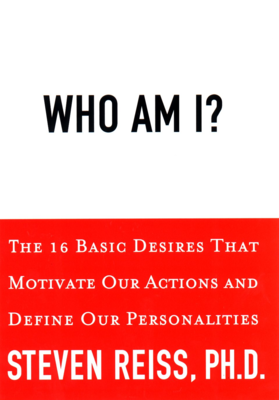
This is old (20 years) and not a popular book. It's written by a psychologist and lacks the usual appeal you get from mainstream authors. However the content is solid.
The book talks about our core psychological desires. Unlike many personality profiling tools, this one is actually useful. The book also discusses how it compares to other research and what it means in daily life.
If the model holds strong, it's a game changer as it can be used to predict people's choices in the future. Think of choosing your life-time partner based on core desires and predicting possible friction in the future.
I'd recommend this book to everyone. It helped me to better understand myself and I think it will help you too.
The Millionaire Fastlane
by MJ De Marco
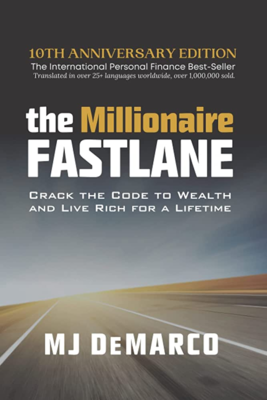
This book is rock solid. I wish it had a more appealing title to ease its way into popularity. Forget popular picks like 4 Hour Work Week and Rich Dad Poor Dad. This book offers much more.
This book is for people who want to be rich and who are looking for ways to get there. No bullshit, no big promises, and core principles - that's how I'd summarise it. I like it especially because it gives the right mindset unlike many popular alternatives.
This book is not for everyone, but rather for people who want a better lifestyle than employment can offer.
The Five Dysfunctions of a Team
by Patrick Lencioni
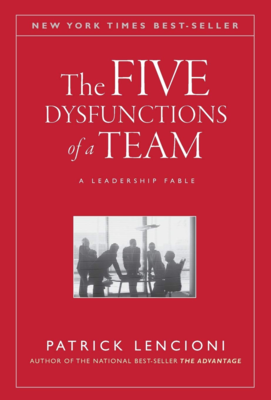
I wish all books were like this one. Great story, practical, short and to the point. I love it. It's a must read for all people who work in a team or in other words all people.
In my experience most teams are all about a positive vibe and avoid any conflict even if it's essential for better results. As a result people don't understand that the lack of conflict is detrimental to work. If you don't know what I mean by "conflict", great, read the book.
I'm a bit surprised that it's only now that the book came on my radar, it should be a part of an essentials pack for everybody.
Basic Economics
by Thomas Sowell
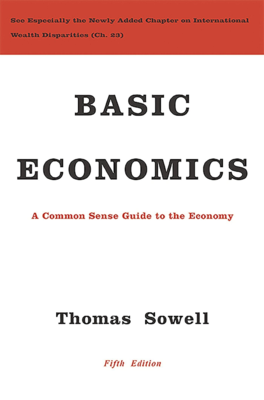
What a book! As dry as it sounds, this book is an infinite source of knowledge. I think this book should be studied by everybody at school. Only now after learning more about economics I understand how clueless most people are, including politicians. If only all of us were educated on that topic, we'd stop creating so much damage while we are trying to improve things.
This book changed my opinion multiple times. It's very extensive and provides good arguments. I only wish it was a bit shorter to appeal to more people. As much as I loved every single chapter I was over it closer to the end. It's very comprehensive, which is another beauty of it. Read it.
Thinking in Systems
by Donella H. Meadows
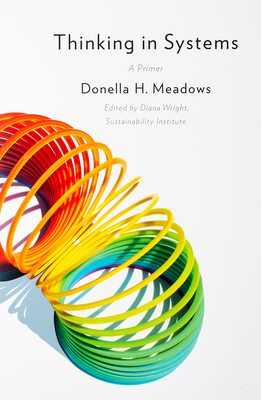
I wanted to read this book for a few years now. I'm glad this book didn't disappoint. The book gives a solid foundation for Systems Thinking. This is a must know concept for everybody. System Thinking applies to absolutely everything. There is nothing revolutionary, but it's important to have the awareness of the concept and basic understanding. Personally, until now I couldn't articulate my thoughts about cause and effect well.
The book is just right. It has good structure, is not too long and not too short, and has plenty of real examples to understand the concepts. It's rare to see such well written book.
The book has many diagrams, and I wouldn't recommend it in audiobook format.
The New Manhood
by Steve Biddulph
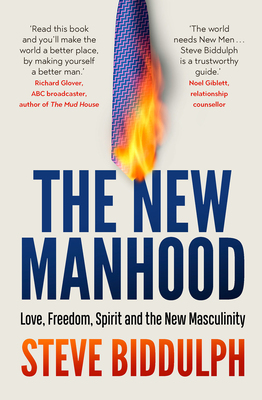
Wow, I didn't expect this book to be that good. I think manhood is one of the most important topics and yet I rarely see it discussed. The book is very well structured and easy to follow. The author walks you through life stages of being a son to maturing, being a father and living a fulfilling life. It covers a bit of everything: emotions, relationships, love and meaning.
While the book is written by an Australian psychologist, it resonated with my experience growing up in a different country and culture. It's scary how universal the conclusions are.
I'd say this book is a must read. While the book mostly talks from the men's perspective I think it will be valuable for all women too. I want to find a similar book but the women's version to better understand them.
Designing Data-Intensive Applications
by Martin Kleppmann
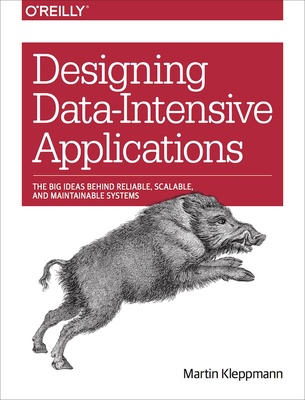
Great book. Data-Intensive Applications topic is new to me. This book served as a good introduction. It's very detailed and comprehensive. It slowly walks you step by step through different topics. The book gets overwhelming by the amount of new concepts but the author does a good job explaining it.
Unfortunately there is little knowledge I can apply to my daily work. The biggest highlight for me: distributed systems are very hard and there is no single solution, but rather the solution with the best set of compromises you can tolerate.
After reading the book, I became a bigger fan of single-leader database replication. It offers the best balance of cost, performance and complexity.
I would recommend this book to people who think they need distributed storage, because "SQL doesn't scale". Also it's a good read for senior devs who want to upskill and get an introduction to distributed systems.
The Manager's Handbook
by Alex MacCaw

I love this book because it's not written to be sold, but rather intended as a capture of the best experience. Until recently it was only available online.
The book truly stands for its title. It's a handbook. It's well structured, comprehensive and very dense. I expect to revisit it very often.
I'd like to recommend this book to everybody, including non-managers. The book is free which simplifies the distribution.
Managers can use it as a handbook. Others will benefit from a better understanding of their manager and improve at their job, as the discussed topics are relevant to all job titles. In fact, everybody will be better off if we upskill on topics of personal productivity, working as a team, goals, information sharing, conflict resolution, and consciousness.
Maybe You Should Talk to Someone
by Lori Gottlieb
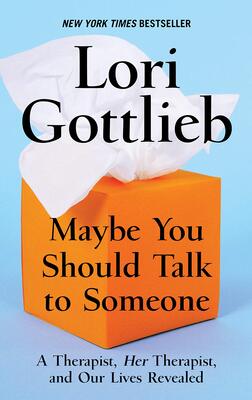
Wow, just wow. I love this book. It's amazingly touching and absorbing. I started reading it, but soon realised it's perfect for audiobook. The chapters are so well written and delivered, it got me to tears multiple times. This book is like a good friendship or movie series, you connect with the characters like they are your best friends. After it's over it makes you sad you can't follow them any more.
Extra shout-out to Brittany Pressley who narrated the audiobook. She did an amazing job conveying different characters and their emotions.
I highly recommend this book to everybody.
Non-Violent Communication San Francisco Workshop
by Marshall Rosenberg
I read Non-Violent Communication book a few years ago. I liked it but already forgot a decent chunk of it. Recently I discovered a workshop on the same topic.
I was dreading watching it as it's 3 hours long. However after the first 30 minutes I couldn't stop watching it. It's amazing! It's very insightful and practical. I highly recommend watching it to everybody. If you like it, then you can read the book and get more details.
Talking to Crazy: How to Deal with the Irrational and Impossible People in Your Life
by Mark Goulston
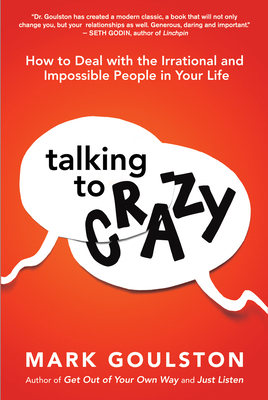
Very useful book. I love books that are written by professionals and based on their practical experience. Such books rarely give you hypothetical models which authors dreamed about. However, they always give practical advices that worked for them. Another similar book is Defining Decade.
The book gives 22 communication techniques which could be used in conflict situations or when logical reasoning failed.
Like any good book based on experience, this book has plenty of stories to better explain the point. I can't wait to read another book by the author Just Listen.
I recomend this book to everybody.
The Innovator's Dilemma: When New Technologies Cause Great Firms to Fail
by Clayton Christensen
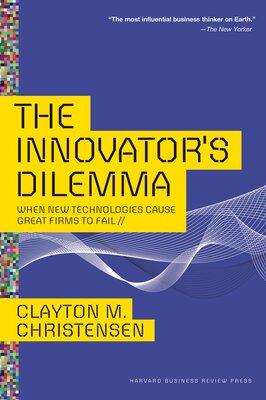
This is a masterpiece. This book has everything I'm looking for in a book: great research, interesting insights, clear book structure, smooth flow, just enough examples to prove the point, and finally the book is tested by time.
What's the book about? It's exactly said in the title "When New Technologies Cause Great Firms to Fail". I have nothing else to add, it delivers on the promise.
While the research talks about huge businesses, I think it’s still important to understand what’s going on at the large scale.
Three thoughts related to the book:
- "Follow your customer" is a terrible idea when dealing with disruptive technologies
- Outsourcing will kill your ability to innovate fast when faced with disruption
- I found technological S curve is identical to 3X (Explore Expand Extract) idea popularised by Kent Beck
Recently Apple released and switched to M1 chips on laptops. It was perfectly timed to the letter as the book suggested 23 years ago. You don’t know what I mean? Have a read and you’ll know too. ;)
Atomic Habits: An Easy & Proven Way to Build Good Habits & Break Bad Ones
by James Clear
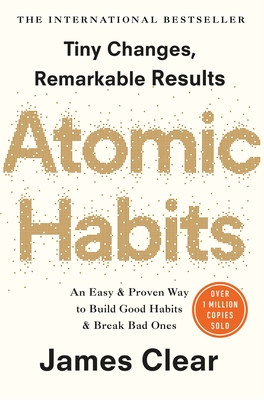
Great book! Good structure, practical content, easy to read. The book offers a systematic approach to dealing with habits and not relying on will power.
The Defining Decade
by Meg Jay
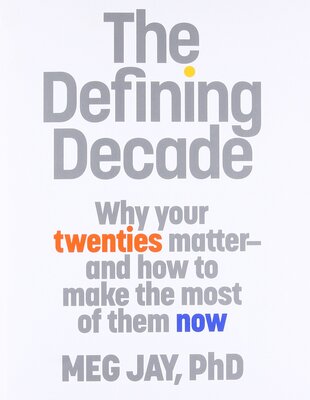
I wish I’ve read this book in my twenties. The book explains what’s going on with the brain of 20 years old person and how that affects their life viewed from the psychologist perspective. Now I’m in my thirties I can’t agree more because most of those lessons I had to learn myself.
Below are my highlights.
The Alchemist
by Paulo Coelho
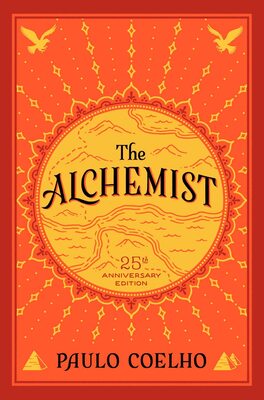
Hah! I listened to this book a long time ago but seems like I didn’t blog back then. Luckly I decided to listen to it again.
I think it’s safe to call this book classic. It’s very popular and highly rated, while was written 30 years ago. It has great story, good character development and all of that is interweaved with life lessons. On top of that is fairly short, so I highly recommend it.
Brave New Work
by Aaron Dignan
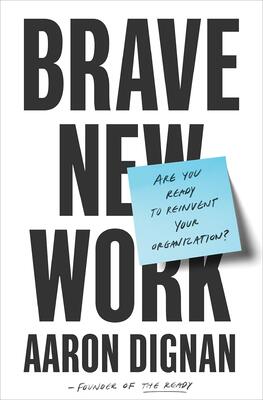
Overall this book is a good introduction into new way of working. It compiles a lot practices into place. It doesn’t go in depth but it shows you the direction you can explore yourself.
The key idea is to rethink how we interact and do work. It gives a new framework to think about the change. The book starts with establishing the ground work and introducing the new concept of Organisation debt.
Rough Consensus
by Internet Engineering Task Force (IETF)
I'm very excited about Rough Consensus. Democracy is built around the majority. It works great when all voters are at the same high level of expertise. Unfortunately that can't be further away from reality. For example in voting: "Don't let ignorant people vote".
In practice nobody knows everything, so we should respect our differences. The core idea of Consensus: the lack of disagreement is more important than agreement. The focus on the flaws helps to drive the discussion and share the knowledge of the minority to the rest of the group. It's a way to pick the best option, and not the popular option.
I highly recommend to read the original paper: On Consensus and Humming in the IETF. It explains how to do it and the mistakes to avoid.
Theory of Human Motivation
by A.H. Maslow
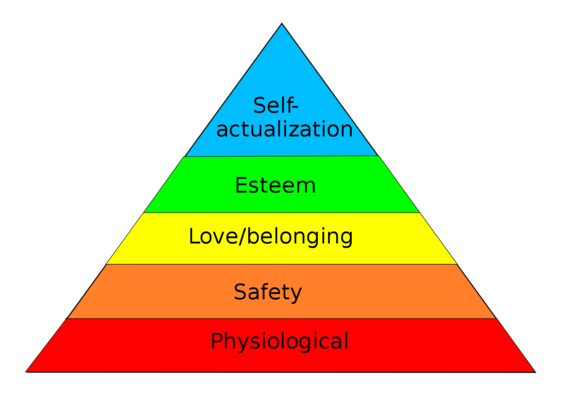
Everybody heard of Maslow's hierarchy of needs. I was curious to know more about it than what's in wikipedia so I read the original paper called "Theory of Human Motivation".
To remind you, the paper was written in 1943 and it's one of the best reads I've done. Modern books prioritise the high words count. The paper is opposite of that. It is very concise and full of references.
To my surprise only the first half of the paper talks about five levels. There are so much more to it! The second half argues that the hierarchy is not rigid. It was never meant to fit everybody and be 100% accurate. I think that's a very important part that got lost in the process of over-simplification to a single image of a triangle.
It was pleasing to see the author arguing both sides of the argument. The paper mentions the limitations of the proposed model, exceptions and areas for the further research.
Atlas Shrugged
by Ayn Rand
This is a second time I listened this book. It wasn't a standard audiobook, but audio theatre with multiple voices and sound effects.
I enjoyed it like the first time, but also picked up the bits that I missed before. That allowed me to enjoy the book even more.
I better understood the characters and the love narrative. My original critic is only partially relevant now. Turns out I didn't get it the first time.
This time I spent more time researching the Objectivism, which is the main philosophy in the book. I found that hard to navigate and differentiate philosophical terms. It's like learning chemical elements without periodic table. Would be great to get some framework for different philosophies.
Peopleware
by Tom DeMarco & Timothy Lister
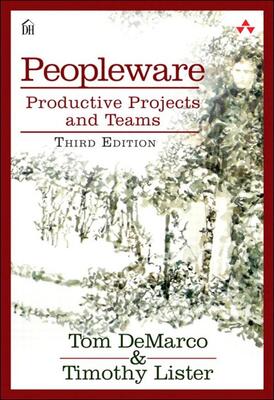
I love the title of this book, it can't be said better. The book was release in 1987 and had its third edition in 2013. The content is still relevant to this day, but sometimes it feels dated.
This is a great book, but I'd say hold off from reading it until you get into managing people. Then this book becomes invaluable resource. It describes the work dynamics from the social perspective and even touches on a big topic like happiness in life.
The book confirmed and cleared a lot of my observations. My three highlights:
Software quality is a cult. Not striving for the best is the common mistakes most companies do. It's not just cutting corners but has an enormous psychological consequences. One of them is job satisfaction. By pushing dev speed over quality you rip the most important part for developers, to be proud of the craft. You might say the speed to market is the king. Sure, but don't be surprised when developers resign.
Hidden hiring costs. It's not so hidden, just ignored. Based on my estimates it costs 50k to hire new candidate. The average employment duration is 2 years. It means you pay 25k per year per hire. It's ironic when company wants to save 5k and not to match the salary offer of the resigning employee. People overvalue simple numbers and ignore more complex ones. The short story, value your people while you have them, otherwise you will pay for it. Even if you spend 20k in perks per employee per year, you should celebrate your decision. It made your employee happier and you saved 5k.
I also enjoyed the chapter on introducing change to organisations. I was burnt in the past when I wanted to improve things. I leant the lesson: people really hate to change. The chapter shows a technique to ease the transformation. Each change needs a catalyst. You need to show and convince the people that the status quo is wrong. The catalyst should create the chaos, the bigger — the better. Only after the people are scared enough you can introduce your idea as a solution to the chaos.
The book sounds too good to be true, but I like the reasoning. I wish it had more to back it up, to build my confidence in the content. But as mentioned above, this book is highly recommended.
Tribal Leadership
by Dave Logan, John King & Halee Fischer-Wright
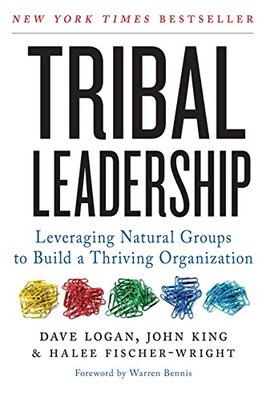
Great book! It talks about tribe (group of people) culture. It's mostly described in the context of work organizations. The book is inline with my own experience. I saw it as the explanation of the things I didn't see at the time.
The content is very well structured and to the point. It has a good balance between stories and actionable steps.
You can download free audiobook. You'll need to go through 5 pages to get the file, but it's worth it.
If you've achieved competence in your career, this book is a must read for you.
I will read the book the second time to better understand it. One audiobook wasn't enough to fully appreciate the insights.